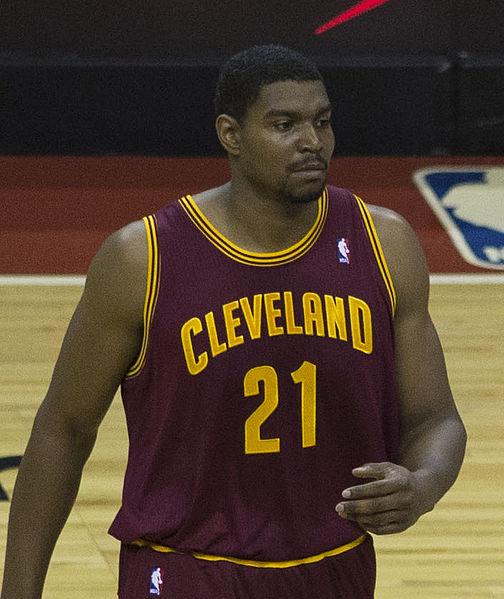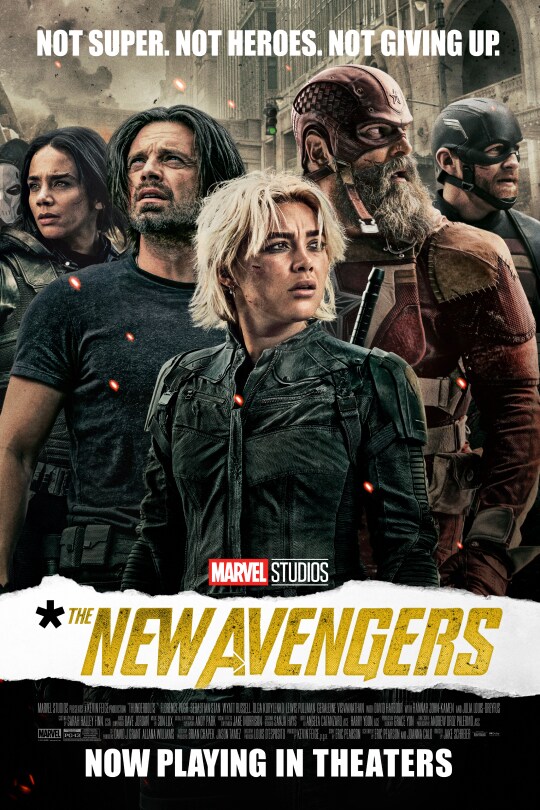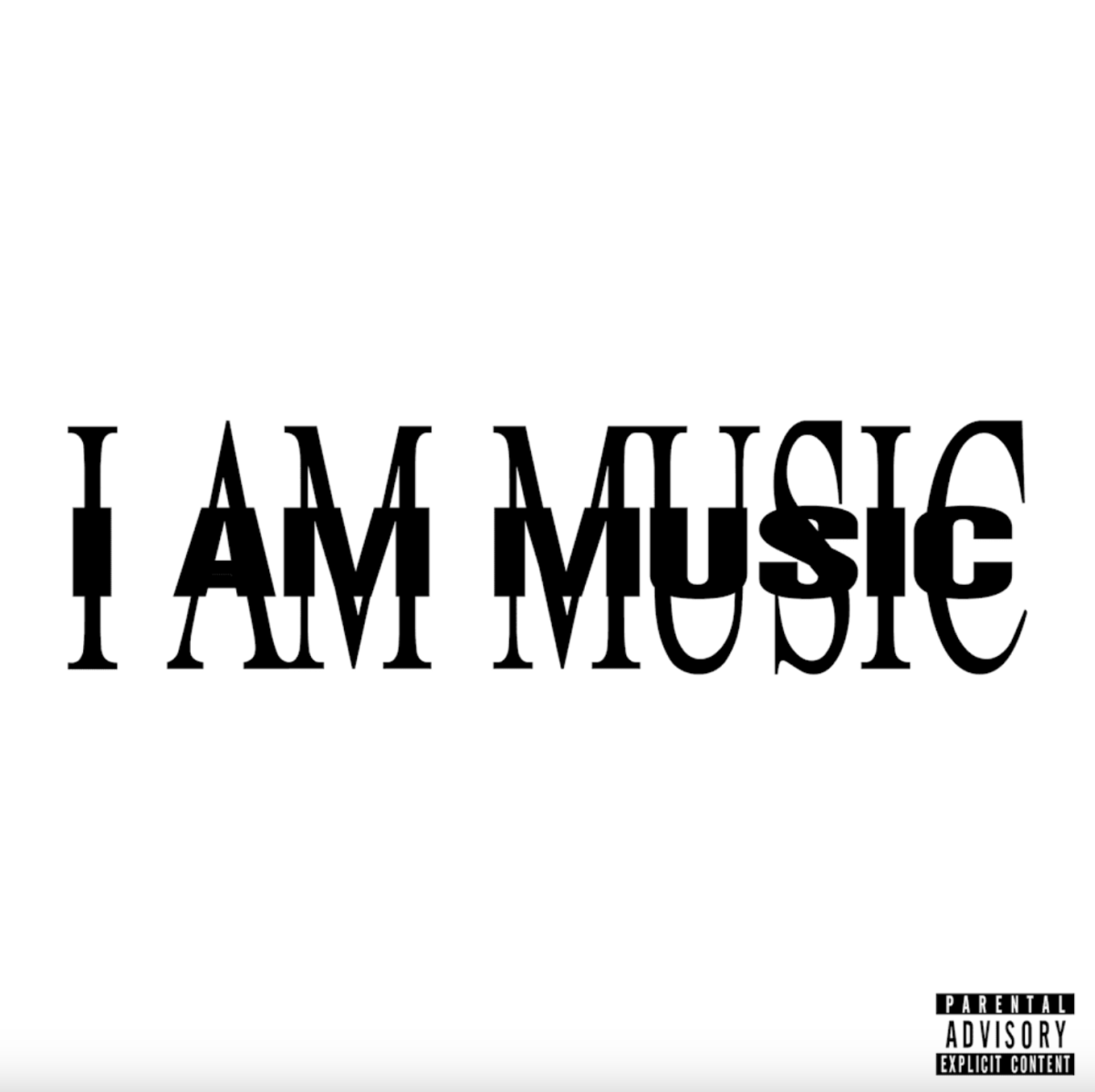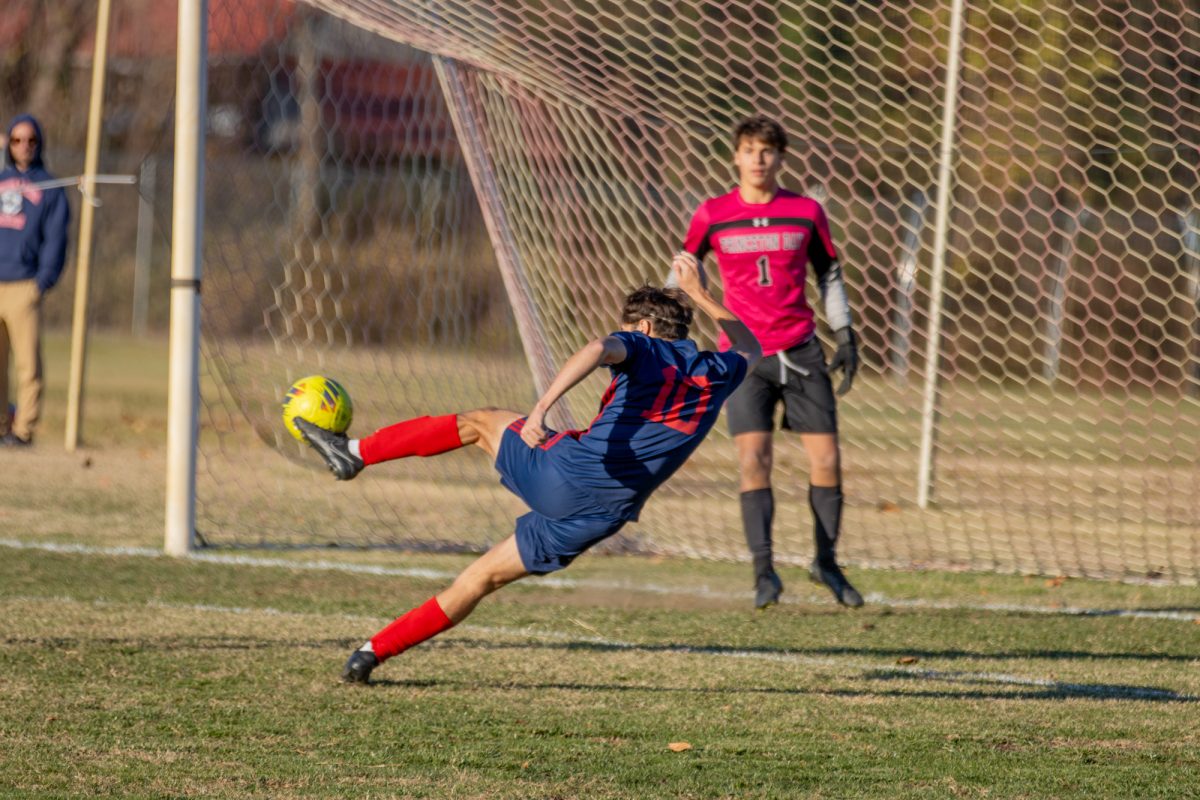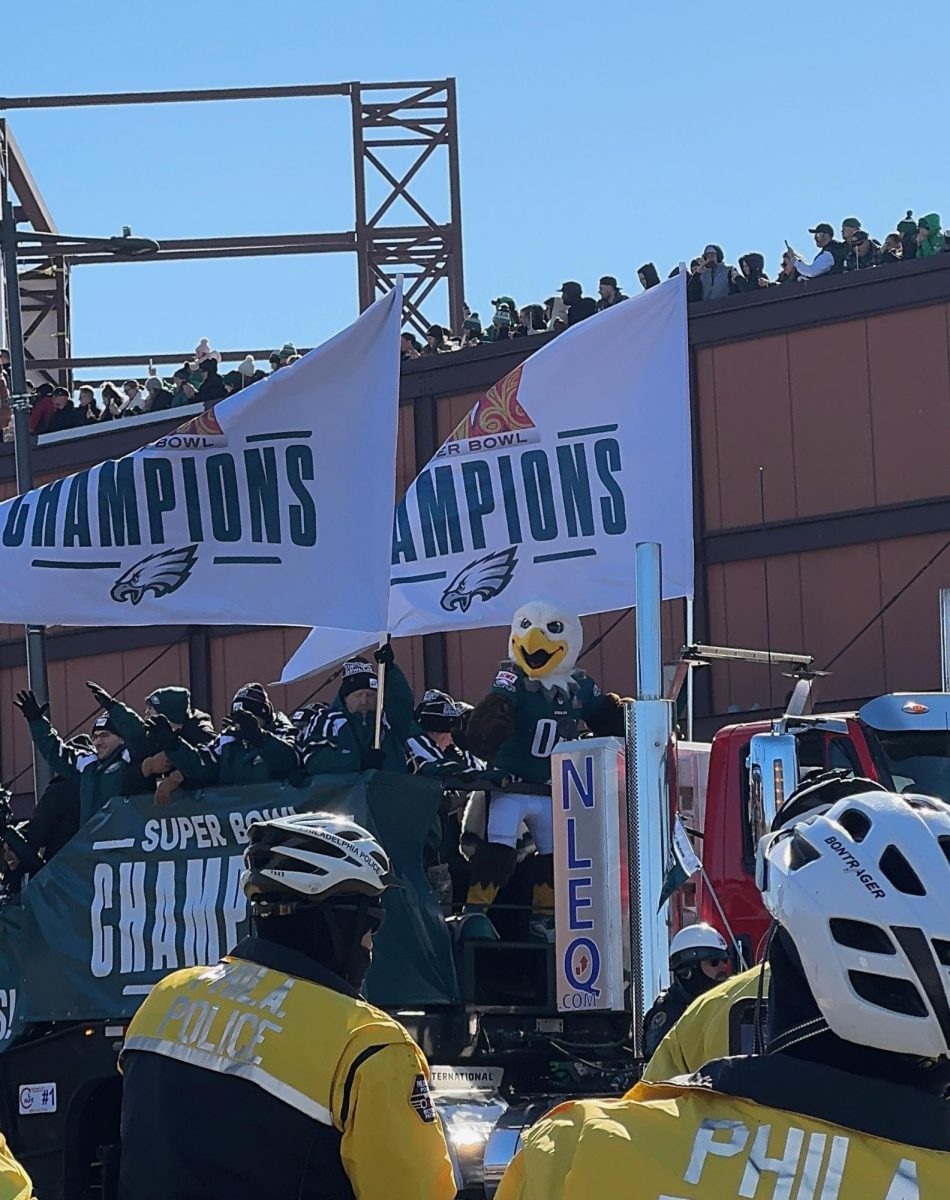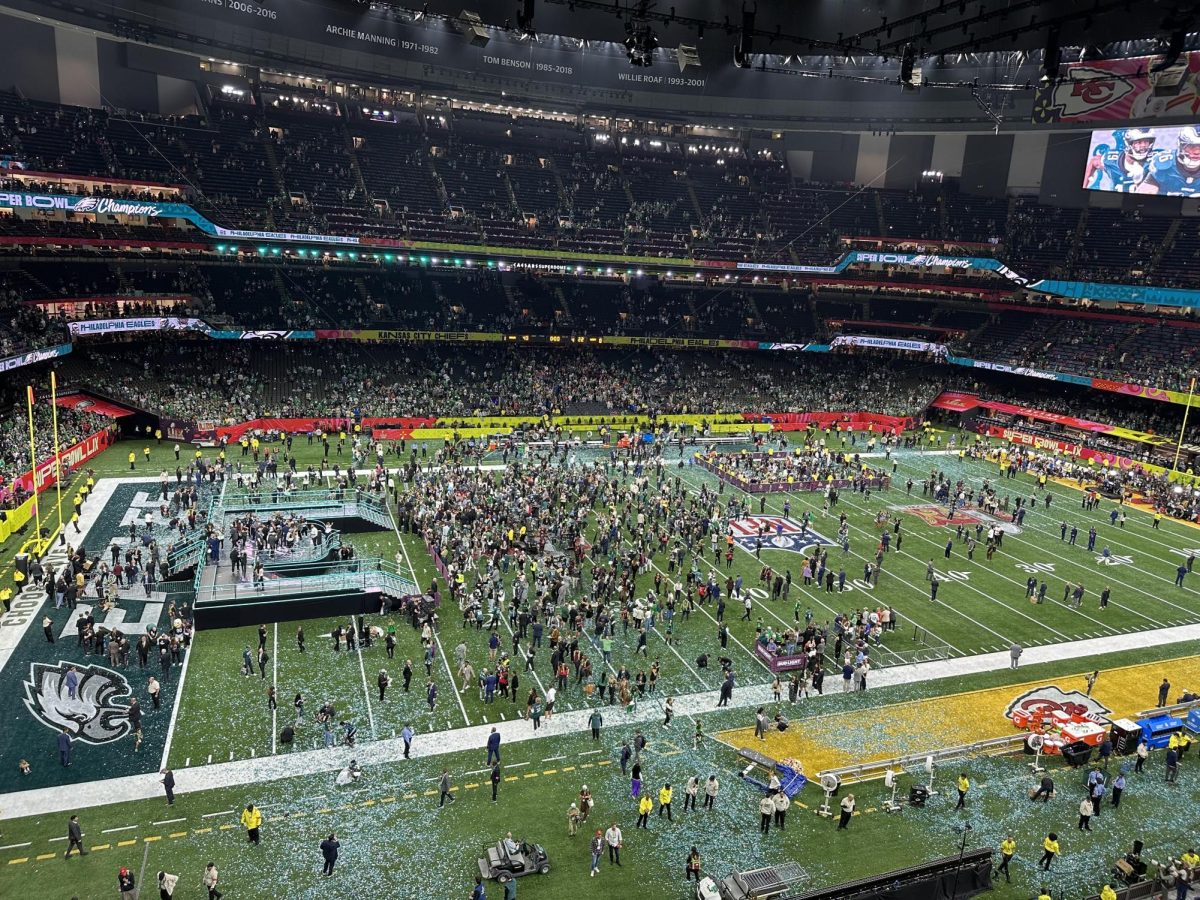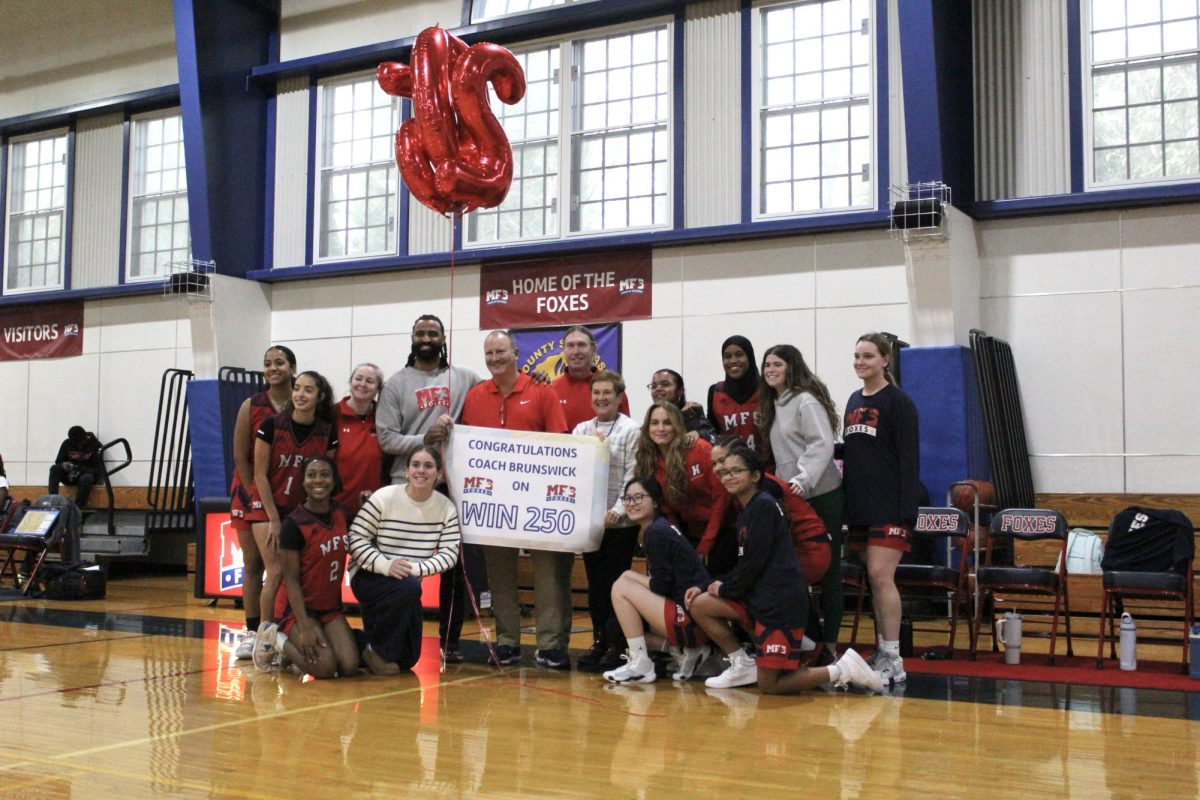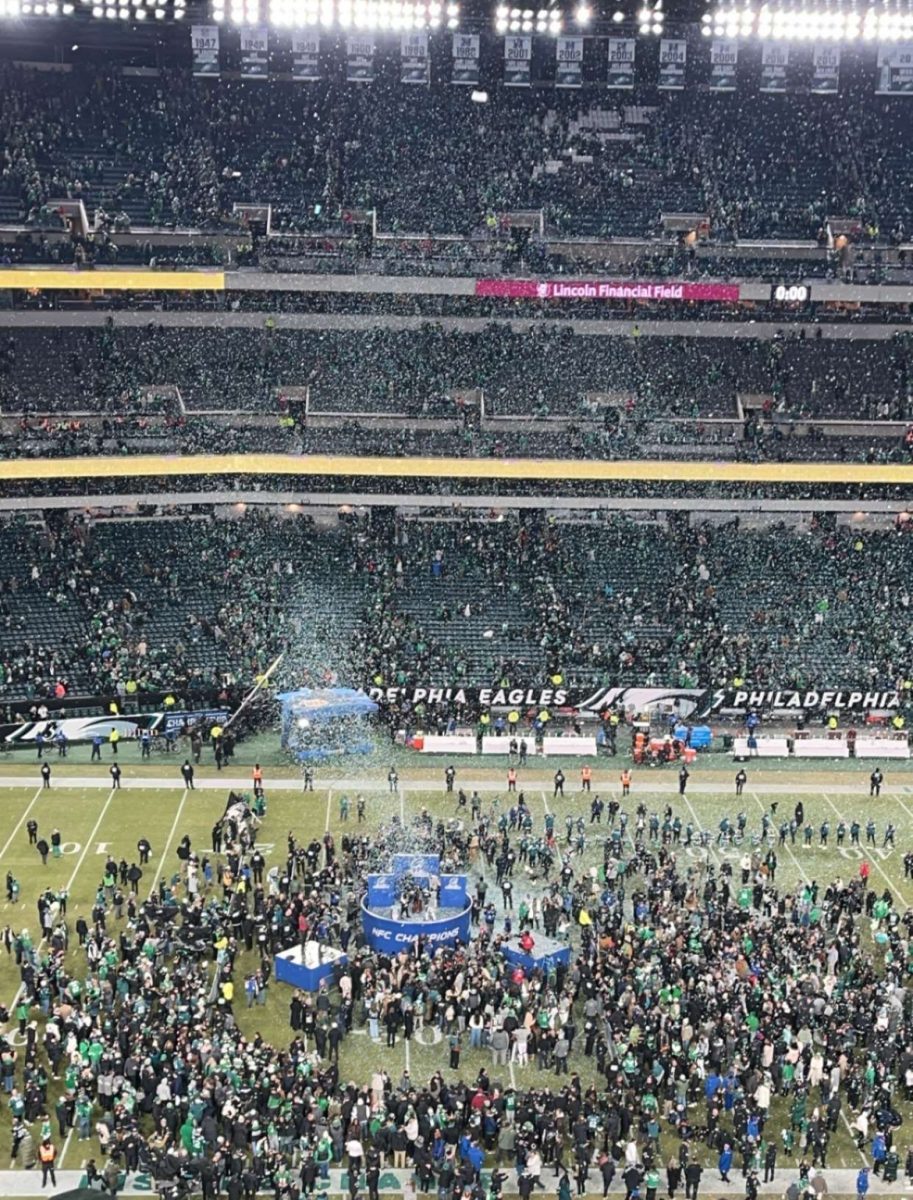On May 7, the Indiana Pacers sent former All-Star and NBA Champion Andrew Bynum home. Indefinitely. They want absolutely nothing to do with him.
The question is, why? Before the 2012 season, Bynum was one of the premier centers in the league. He could defend, rebound, and score at will. He was a force to be reckoned with when combined with Kobe Bryant and Pau Gasol, and helped lead the Lakers to two straight NBA championships.
And then came the rest of his career.
Bynum was traded to the 76ers, fresh off of knee surgery, on August 10, 2012. This was the start of Bynum’s serial killing of franchises throughout the league. The Bynum trade looked really good for the Lakers. They were able to attract Dwight Howard to take his place, and appeared to be set up for perennial contention for a championship. But then Dwight Howard did his thing, feuded with Kobe, got Mike Woodson fired, and promptly left for Texas. Instead of having an up-and-coming All Star center, the Lakers had nothing except an aging Kobe and a different coach (Mike D’Antoni) whom nobody important (i.e. Kobe) actually liked.
And it didn’t work for the 76ers either. Bynum never played. Not. One. Minute. Not only did he not play, but he was a constant distraction (his hair was a nightly spectacle) and he irresponsibly re-injured himself bowling just as it looked like he would return. And, in order to acquire Bynum, the Sixers gave up their best (though overpaid) player, Andre Iguodala. The Sixers “lost” Bynum to free agency the following offseason. They ended up, for all intents and purposes, simply losing Iguodala for absolutely nothing.
Then Bynum went to Cleveland. His knees still bothered him, but he could at least physically participate in games. Bynum played from October 30 to December 28, 2013, when he was suspended indefinitely by the Cavaliers. The team cited Bynum for allegedly shooting in practice every single time he touched the ball. Half court heaves in practice? What a good teammate, right? Bynum was dealt to the Bulls on January 7, 2014. It was a purely financial move for the Bulls, who immediately waived Bynum. Still, the trade may have hurt them in the short term. Who knows, maybe the Bulls would have beaten the Wizards in their first-round playoff matchup if they had retained Deng.
Fresh from the Bulls, Bynum signed with the Pacers nearly a month later. When Indiana signed Bynum, they were the hottest team in the league. They had an impressive 35-10 record, leading the Eastern Conference and looking like true contenders. Bynum did not play until March 11, but only played in two games before being declared out for the season with knee issues. However, after trading for Bynum, the Pacers were a weak 21-16. They lost all momentum and came close to losing the number one seed in the East. Then, with Bynum in a Derrick Rose jersey on the bench, the Pacers came dangerously close to losing a playoff series to the lowly Atlanta Hawks, who scraped themselves into the playoffs with an embarrassing losing record. On May 7, the Pacers sent Bynum home for the remainder of the season.
Perhaps it’s just a coincidence. Maybe Bynum is just unlucky. But I don’t think so. Bynum’s cancerous team presence has poisoned locker rooms across the league, leading to collapses, fallouts, firings, and poor seasons for at least four, maybe five, teams. He should be hard-pressed to find a willing suitor this offseason. But he will always have a job because of his pedigree; he’s seven feet tall with a scoring touch and excellent rebounding and defending abilities. Bynum may be a gamble, but teams are still willing to take a risk on a declining center’s bad knees and bad attitude.

